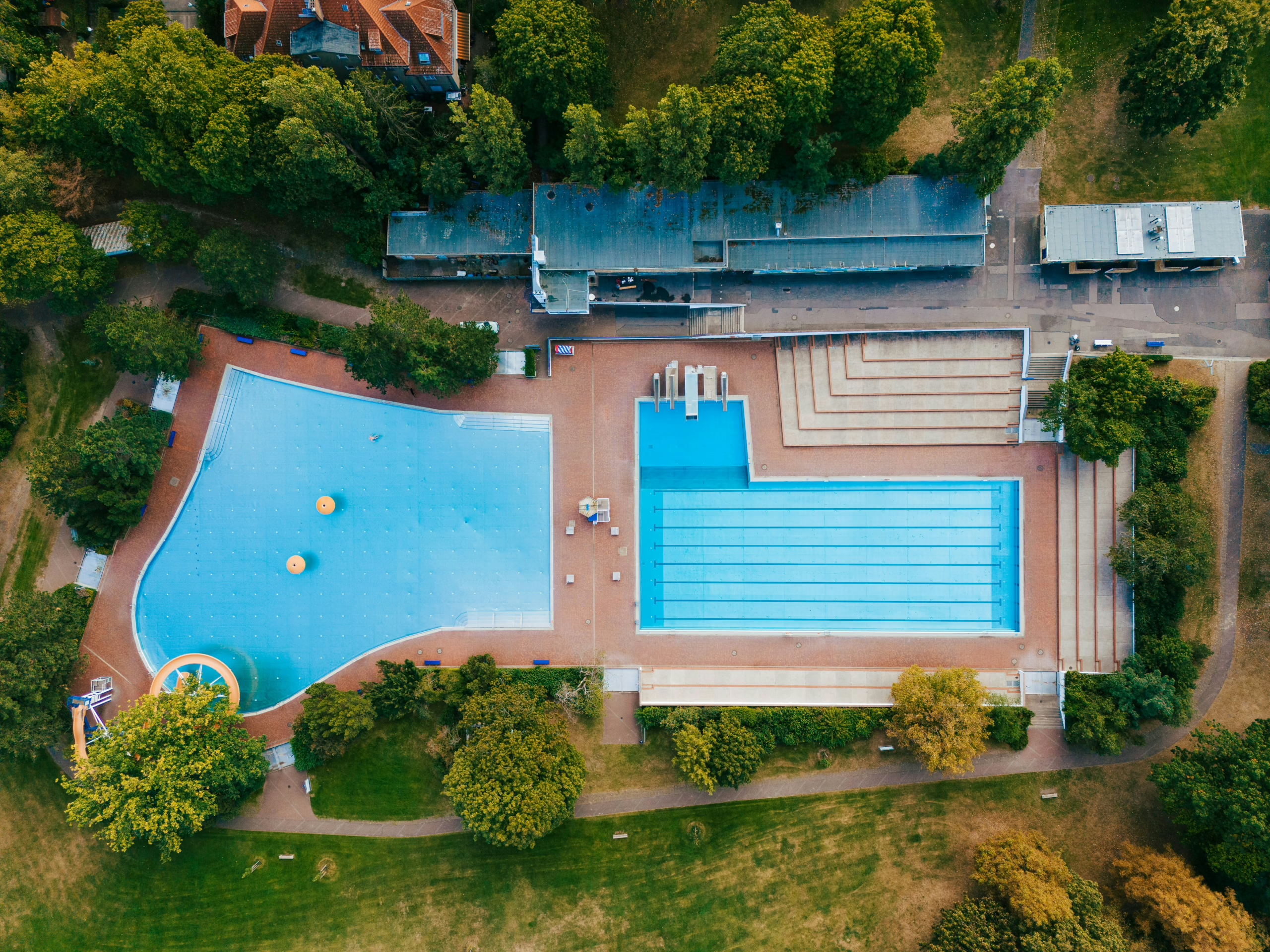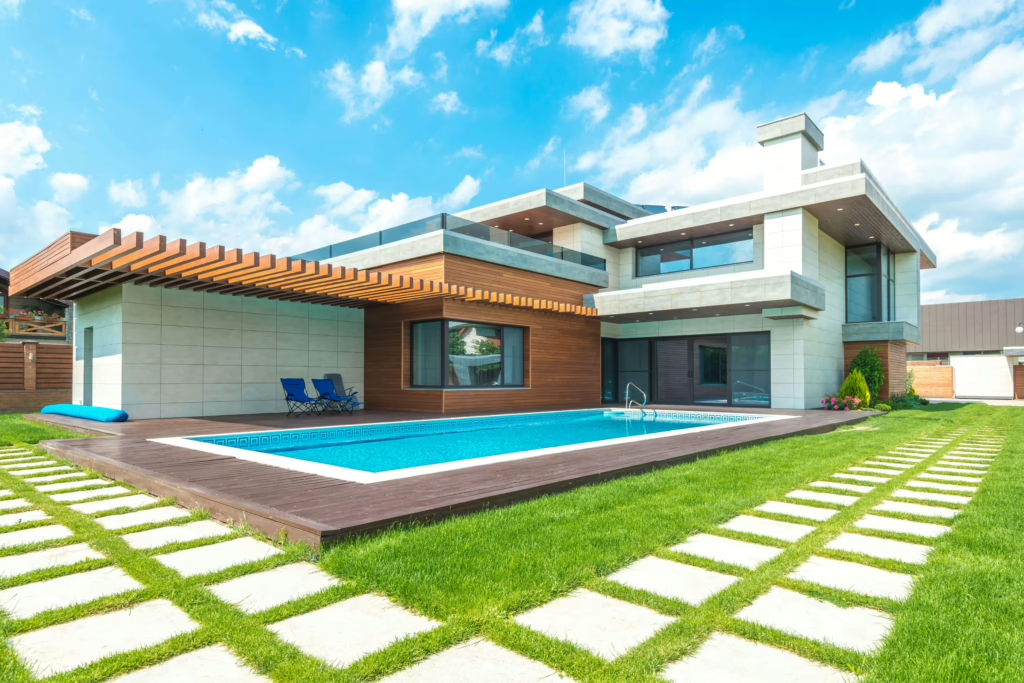A pool pump is one of the most critical components of your pool’s system. It circulates water through the filtration system and ensures clean, safe water for swimming. However, pool pumps are not cheap. Depending on the model and installation, replacing one can cost anywhere from $500 to $1,500.
Fortunately, with proper care and regular maintenance, you can significantly extend the life of your pool pump, saving money and avoiding unexpected breakdowns. This guide covers essential preventative measures and professional tips to help you get the most out of your pump. If you’ve been searching for pool pump repair near me, implementing these strategies can also reduce the need for frequent maintenance.
Maintenance Tips for Longevity
Consistent maintenance is the key to extending the life of your pool pump. These practical steps will keep your pump operating efficiently and minimize wear and tear.
1. Regularly Clean the Pump Basket and Filters
The pump basket and filters are your first defense against debris entering your pool’s circulation system. Leaves, twigs, and other debris can clog the basket and strain your pump unnecessarily. Cleaning these components weekly is crucial, especially during peak swimming seasons or when there is heavy debris, such as after a storm.
A clogged filter can also increase the pump’s workload, leading to overheating and motor damage. Backwash your sand or DE filters as needed, and rinse or replace cartridge filters to maintain optimal water flow.
2. Ensure Proper Water Chemistry to Reduce Strain
Imbalanced pool water can cause corrosion or scale buildup, which damages the pump’s internal components over time. Maintaining proper chemical levels keeps the water safe for swimming and prevents additional stress on the pump.
- pH Levels: Keep the pH between 7.4 and 7.6.
- Calcium Hardness: Aim for 200–400 ppm to avoid scaling.
- Sanitizer Levels: Ensure chlorine or alternative sanitizers are within recommended ranges.
Regularly test your water and adjust it to avoid chemical imbalances that could harm your pump.
3. Keep the Area Around the Pump Free of Debris
The area surrounding your pump should remain clean and unobstructed. Debris can block ventilation, leading to overheating and reduced efficiency. Trim any nearby plants or shrubs and ensure the pump has adequate airflow.
Consider placing a weatherproof cover over the pump to protect it from rain and sun exposure, which can degrade components over time. However, make sure the cover doesn’t block ventilation openings.
4. Check for and Fix Leaks Promptly
Even minor leaks can lead to significant damage if ignored. Leaks around the pump housing or fittings can reduce water pressure, forcing the pump to work harder. Regularly inspect the pump for signs of moisture or pooling water.
Common causes of leaks include:
- Worn-out seals or O-rings.
- Cracks in the pump housing.
- Loose fittings.
Replacing these components as soon as you notice wear can prevent more extensive damage and help maintain optimal performance.
5. Maintain Correct Water Levels in the Pool
Water levels are critical in the pump’s ability to prime and circulate water. If the water level drops below the skimmer intake, the pump may suck in air, leading to a loss of prime and potential damage.
Check your pool’s water level regularly, especially during hot weather when evaporation rates are higher. Ensure the water level remains halfway up the skimmer opening for proper circulation.
Seasonal Care Tips
Seasonal maintenance is essential for protecting your pump during inactivity or extreme weather.
Winterize Your Pump to Prevent Freeze Damage
In colder climates, freezing temperatures can cause water inside the pump to expand, leading to cracks or other damage. Winterizing your pool pump involves draining all water from the pump, disconnecting it, and storing it in a dry, insulated area.
Even in mild climates like San Diego, protecting your pump during the off-season is a good idea to minimize wear and tear.
Restart with Care After Long Periods of Inactivity
When reopening your pool after winter or a long break, inspect the pump for signs of damage before restarting. Check for leaks, clean the pump basket, and ensure the motor operates smoothly. Priming the pump properly is critical to avoid running it dry, which can damage internal components.
FAQs: Pool Pump Repair Near Me
1. What are the signs my pool pump needs repair?
Your pool pump may need repair if you notice unusual noises like grinding, humming, or screeching. Low or no water flow, visible leaks, or the pump frequently shutting off are also common signs. Additionally, if your energy bills suddenly spike or your pool water becomes cloudy despite proper chemical levels, it could indicate your pump isn’t functioning efficiently.
2. How much does a pool pump repair cost near me?
The cost of pool pump repair depends on the issue and your location. In San Diego, repairs typically range from $150 to $400. Factors like labor costs, the type of repair needed, and whether replacement parts are required will influence the final price. To get a precise estimate, it’s best to consult a professional pool service provider.
3. Can I repair my pool pump myself?
Some minor issues, such as cleaning a clogged pump basket or replacing an O-ring, can be fixed by a handy pool owner. However, more complex repairs require professional expertise, such as addressing motor failure or electrical issues. Attempting to fix advanced problems without the proper knowledge can lead to further damage or safety risks.
4. Why is my pool pump making a loud noise?
Loud noises from a pool pump often indicate underlying problems. Grinding or screeching sounds could mean worn-out bearings, while humming may suggest clogged impeller or motor issues. Air leaks in the suction line can also cause unusual noises. These issues should be addressed promptly to prevent further damage to the pump.
5. What causes a pool pump to stop working?
A pool pump may stop working for several reasons, including electrical problems like a tripped breaker or loose wiring. Mechanical issues such as a damaged impeller, motor failure, or system clogs can also disrupt pump operation. Regular maintenance and inspections can help identify and resolve these problems before they escalate.
6. Should I repair or replace my pool pump?
The decision to repair or replace your pool pump depends on its age and the extent of the damage. It may be the best option if the pump is less than 5–7 years old and repairs are relatively inexpensive. However, if the pump is over 10 years old or the repair costs exceed 50% of the replacement price, upgrading to a new pump is often more cost-effective.
7. How long should a pool pump last?
With proper maintenance, a pool pump can last between 8 and 12 years. Regularly cleaning the pump basket, maintaining balanced water chemistry, and promptly addressing minor issues can significantly extend the pump’s lifespan.
8. Why is my pool pump leaking?
Worn-out seals, O-rings, or loose fittings commonly cause leaks around a pool pump. Cracks in the pump housing or improper installation can also cause leaks. Addressing these issues promptly is essential to maintaining optimal water flow and preventing further damage to the system.
9. What can I do to prevent future pool pump repairs?
Preventative maintenance is key to minimizing repairs. Regularly clean the pump basket and filters, maintain proper water chemistry, and inspect seals and O-rings for wear. Keeping the area around the pump free of debris and ensuring adequate ventilation can also prevent overheating. Scheduling routine professional inspections helps catch potential issues early, reducing the likelihood of major repairs.
10. How quickly can pool pump repair be completed in San Diego?
Most pool pump repairs in San Diego can be completed within a few hours to a day, depending on the issue’s complexity. Simple fixes, such as replacing O-rings or clearing clogs, are often resolved quickly, while more extensive repairs may require additional time to source parts. Choosing a reliable service provider like PoolLogic San Diego ensures prompt and efficient repair work.
For expert pool pump repair in San Diego, trust PoolLogic. Whether you’re facing leaks, noise issues, or a complete pump failure, our team is ready to help. Contact us today to schedule a service!
Final Thoughts
Extending your pool pump’s life is cost-effective and ensures your pool remains a clean and enjoyable space. By incorporating regular maintenance, investing in high-quality components, and following seasonal care practices, you can keep your pump running efficiently for years.
If you need expert assistance or suspect issues with your pump, don’t wait—contact PoolLogic San Diego today. Whether routine maintenance or urgent repairs, our team is here to help. Are you searching for pool pump repair near me? We’re your trusted partner for all your pool needs.



